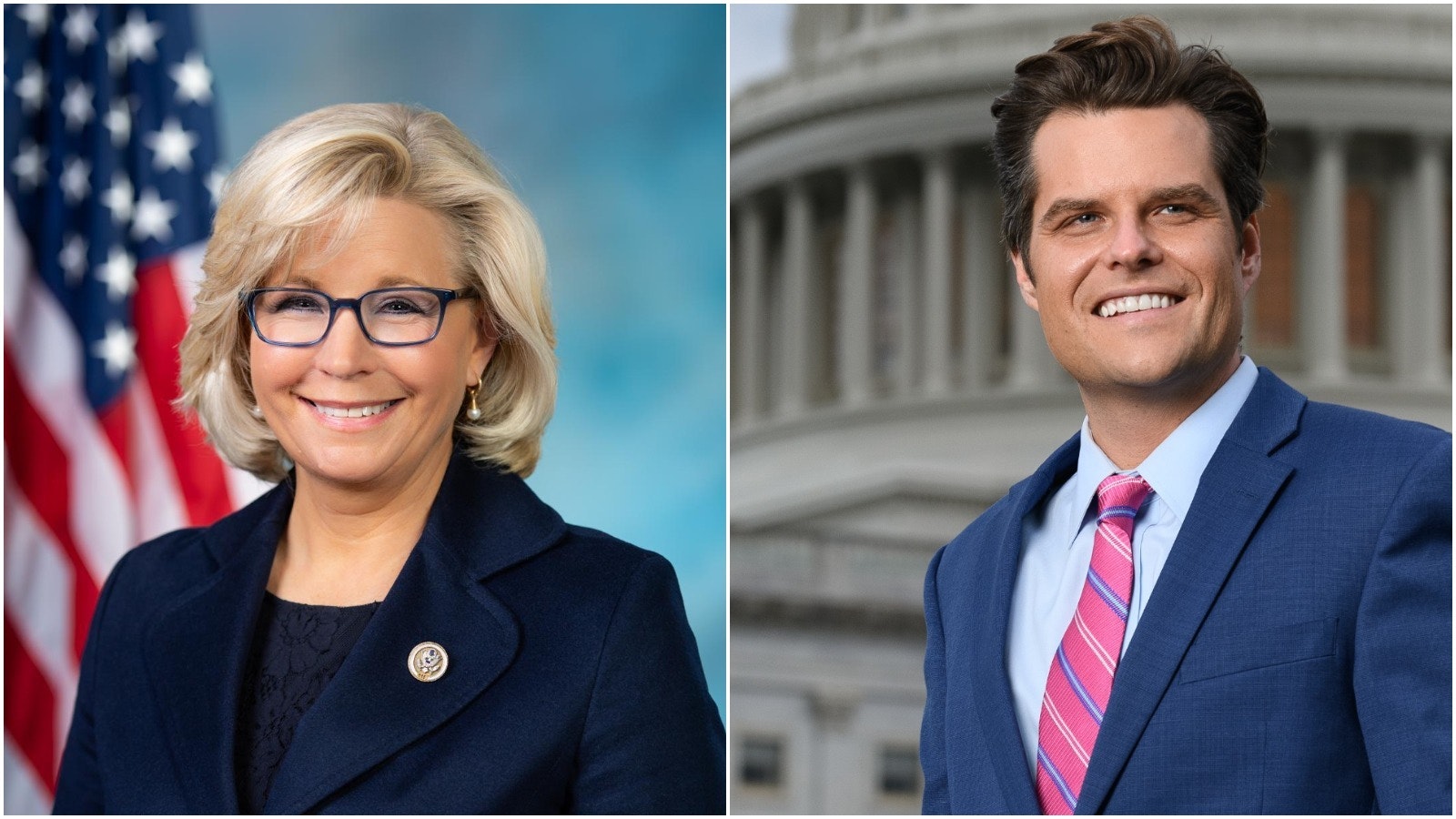The COVID-19 crisis has presented various lessons for our country, but I fear that once the crisis has passed, we’ll forget those lessons – until the next crisis.
I’m not referring to the lack of readiness for a global health pandemic, and the shortages of medical supplies, personnel, and facilities. Instead, I’m referring to everyday items used and consumed by American households: Food.
In a country with such an abundance of food production, communities found themselves with food shortages, and when stores were able to restock certain items, they were mobbed and quickly sold out again.
Even in small-town Wyoming, staples such as eggs, milk, bread, and meat were in short supply. At the same time, food waste occurred at staggering levels, as producers of food were unable to get their products to consumers.
The consolidation of meat processing in America into relatively few facilities owned by even fewer giant corporations has caused bottlenecks in the supply chain as their plants are shut down due to COVID-19.
In my view, the consolidation of the meat supply has resulted in companies selling an inferior product that costs them less, providing for huge profit margins for the companies while livestock producers get shafted.
Meatpacker margins for beef has surged during this pandemic, yet the price that processors pay for live cattle has plunged. The U.S. Department of Agriculture, at the request of congressional members, has said it will investigate. When the food supply is captured by big ag, it’s not operating as a free-market system.
The Smithfield Foods pork-processing plant in South Dakota is the nation’s ninth-largest hog-processor and was shut down after COVID-19 swept through the plant, with more than 600 infected employees. The plant is part of a much larger Chinese company that is the largest pork producer in the world.
But Smithfield wasn’t alone in having to shutter. The JBS plant in Colorado shut down with more than 100 infected employees and several deaths from COVID-19.
JBS is owned by a Brazilian company, the world’s largest producer of beef. At least one Tyson Foods plant in Iowa is shut down after several workers died and nearly 200 workers were sickened by the coronavirus.
Tyson is an American company that proudly wields the title of being the world’s second largest processor and marketer of chicken, beef and pork (second only to JBS).
All three of these industrial food giants have also launched their own “alternative protein” companies, creating laboratories and factories for manufacturing these food products.
While they claim to be doing it to meet the protein needs of our increasing world human population, it’s another move that will result in human dependence on only a few food suppliers for actual human survival.

I am fortunate to look out my living room window to beef and lamb on the hoof, raised in a sustainable grazing system that follows nature’s rhythms. I know that in a food shortage, we can feed a lot of people.
But our family won’t be doing it by sending our livestock to huge meat processors. Expanding the network of small meat processing companies (like Laramie’s 307 Meat Company) is desperately needed throughout the country, so that we can reduce the miles that food must travel between the field and the table.
The dwindling sheep industry has it even worse than the cattle component. Lamb prices have dropped 40%; wool prices are down 43% from last year and sales have come to a screeching halt; and American sheep producers are now paying to dispose of beautiful sheep pelts that were once considered a premium product – thanks to tariffs imposed by China, where many sheep pelts were exported for processing (because America tends to export industries it finds inconvenient).
With no market for our fine wool this year– wool that has been used to create military dress uniforms and fashion lines in Europe – it’s time to make a change. Continuing to participate in this warped market system is not sustainable.
My family is going to join others in making the change to local market systems. From marketing our own meat products, to working with companies (like Mountain Meadow Wool) to create a product line from our wool, we’re making the move to invest in ourselves, and investing in Wyoming’s future.
And for those who discount the importance of livestock grazing on public lands in the arid American West, as the Brits say, “Sod off.” This pandemic has proven the importance of food production at the local level.
As we saw during this worldwide crisis, agricultural industry workers at every level are deemed essential – because we produce food for human survival. Yet only 2% of American population has any connection to production agriculture.
How I wish every family in America could at least plant their own gardens and have a few laying hens. Then there would be much less food insecurity, and families would be better able to sustain themselves during a crisis like this one.
Cat Urbigkit is an author and rancher who lives on the range in Sublette County, Wyoming. Her column, Range Writing, appears weekly in Cowboy State Daily. To request reprint permission or syndication of this column, email rangewritesyndicate@icloud.com.





